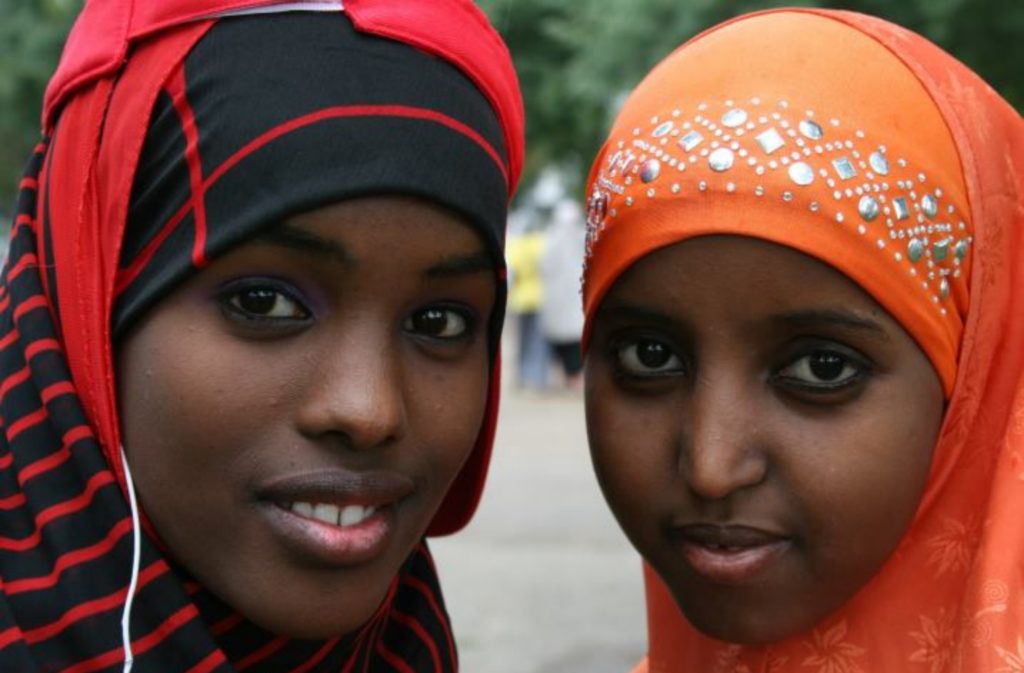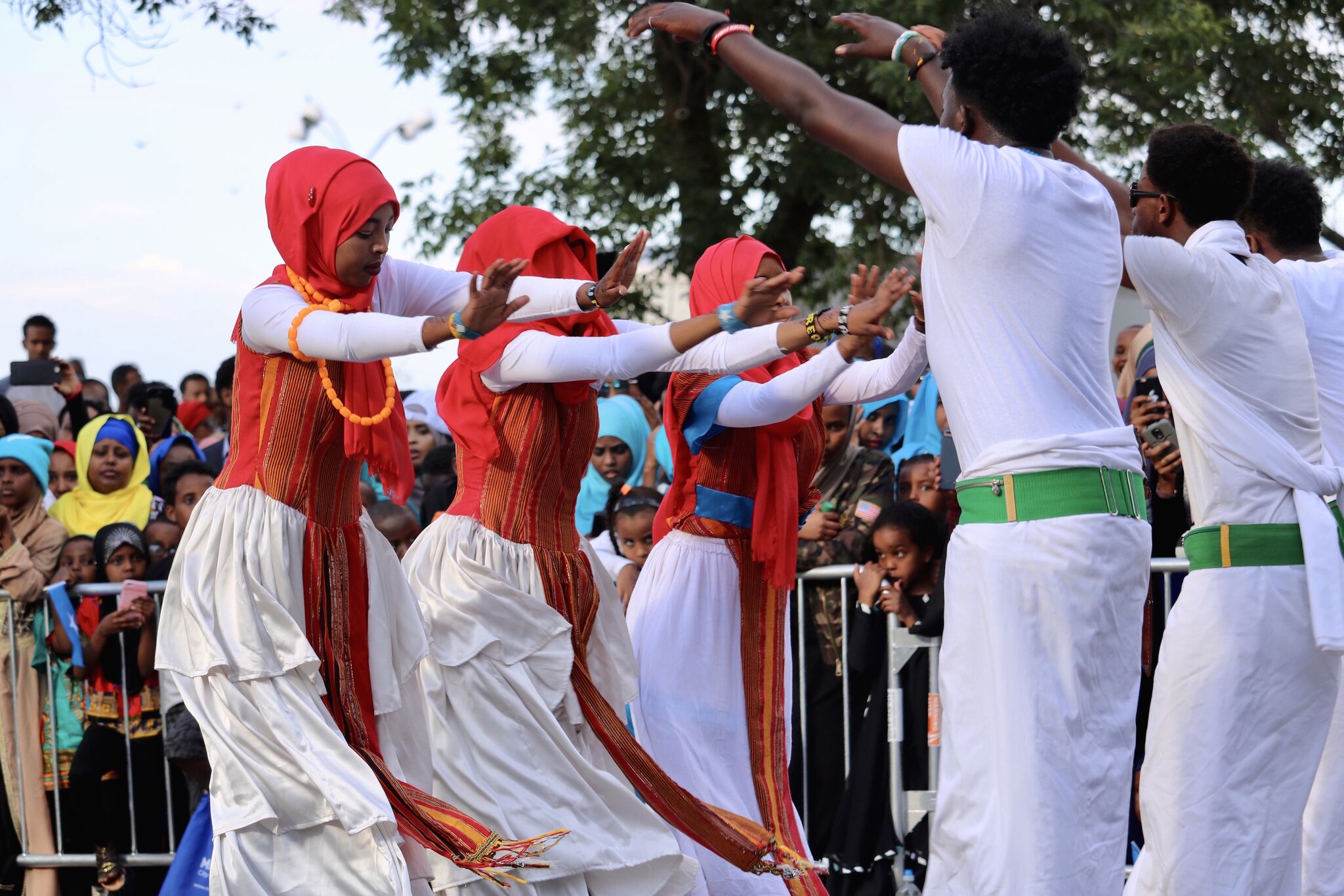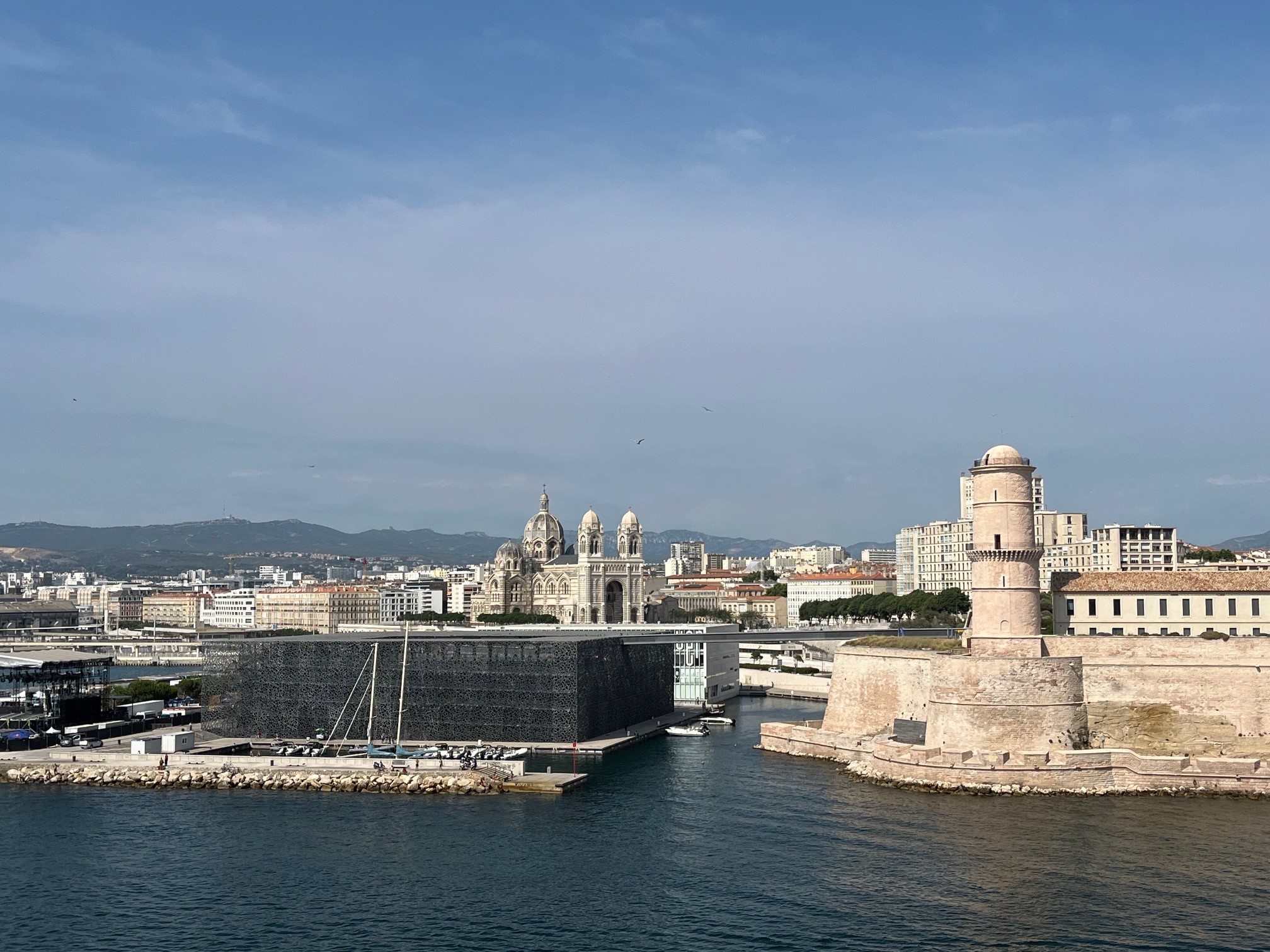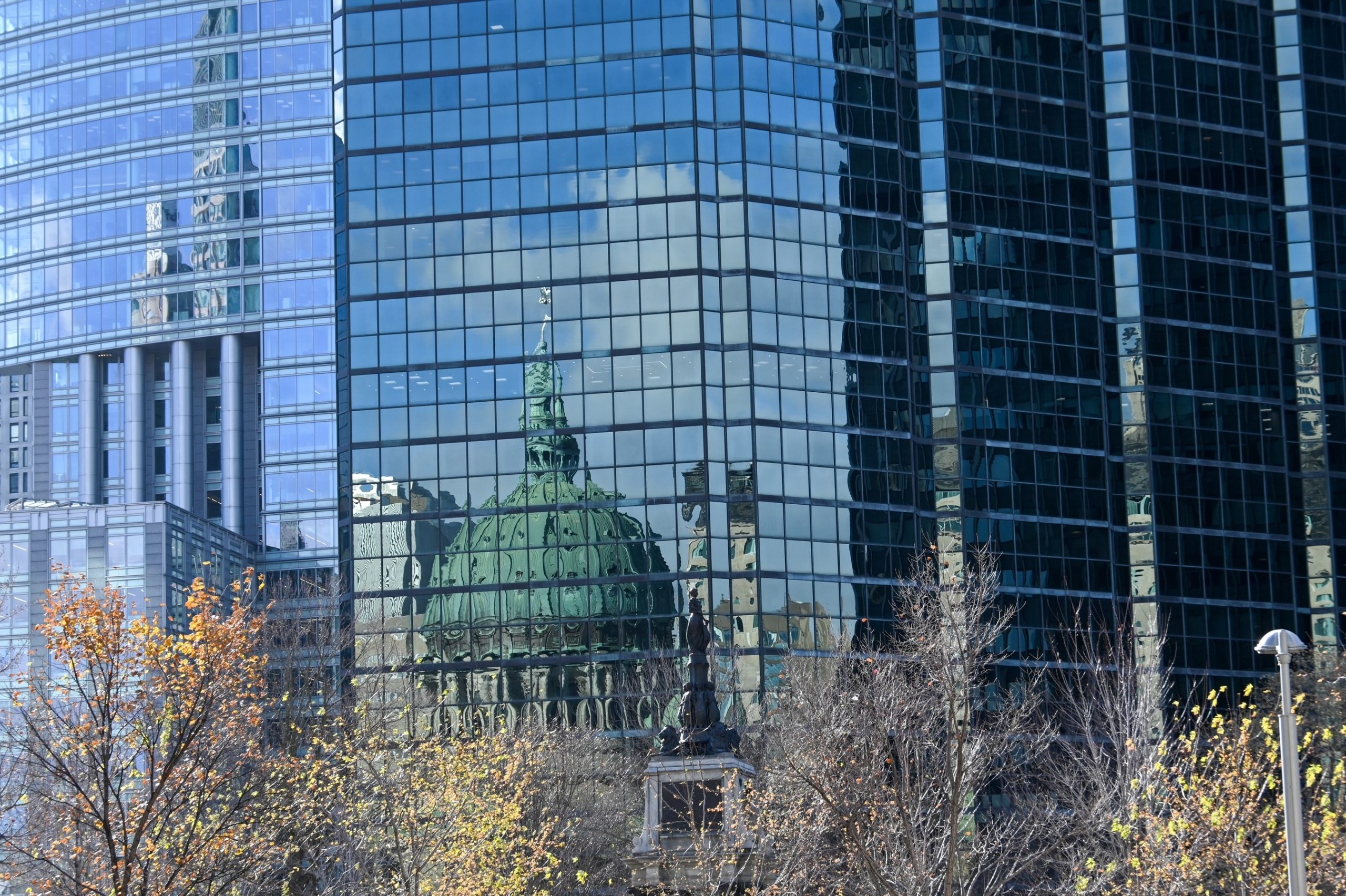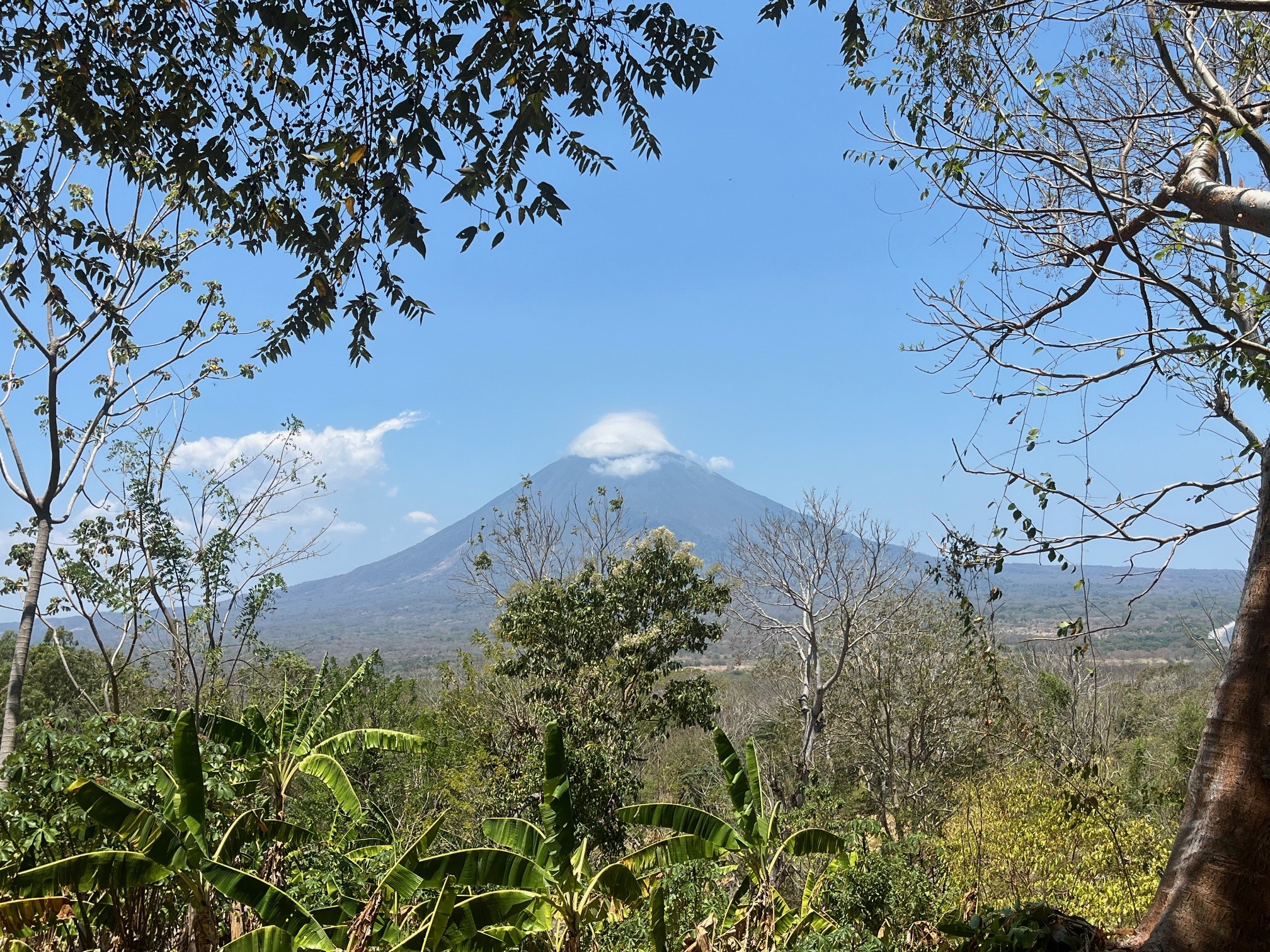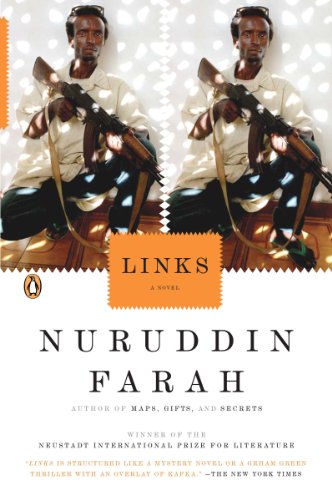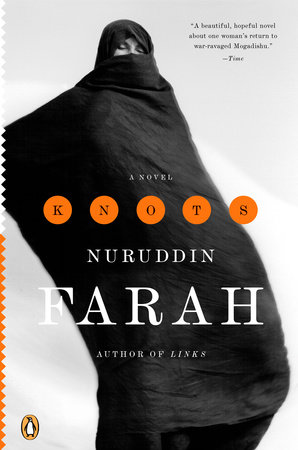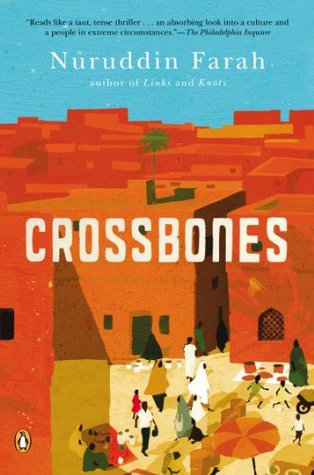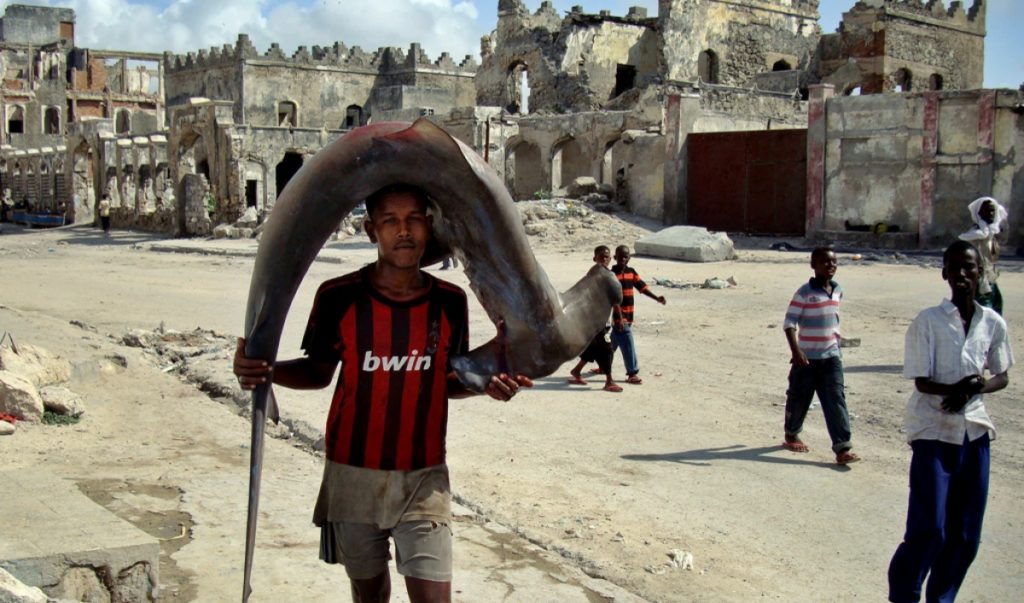Somalia. For most, this country’s name conjures images of hunger, civil war, militiamen perched behind a machine gun on the back of a pick-up, terrorist attacks and piracy. When 25 years ago I landed in Hargeisa, I didn’t know much what to expect. I knew that the capital of Somaliland was different than Mogadishu and that the Northern part of the country lived in relative peace, despite the lack of international recognition. Still, I was a little bit anxious as I arrived. The airport would have deserved the old name of « airfield ». During the approach, a long strip of earth could be seen in a pasture that looked more or less flat on the city’s outskirts. The immigration office where my passport received its « Entry » and « Exit » stamps was just a military tent at the end of the airstrip.
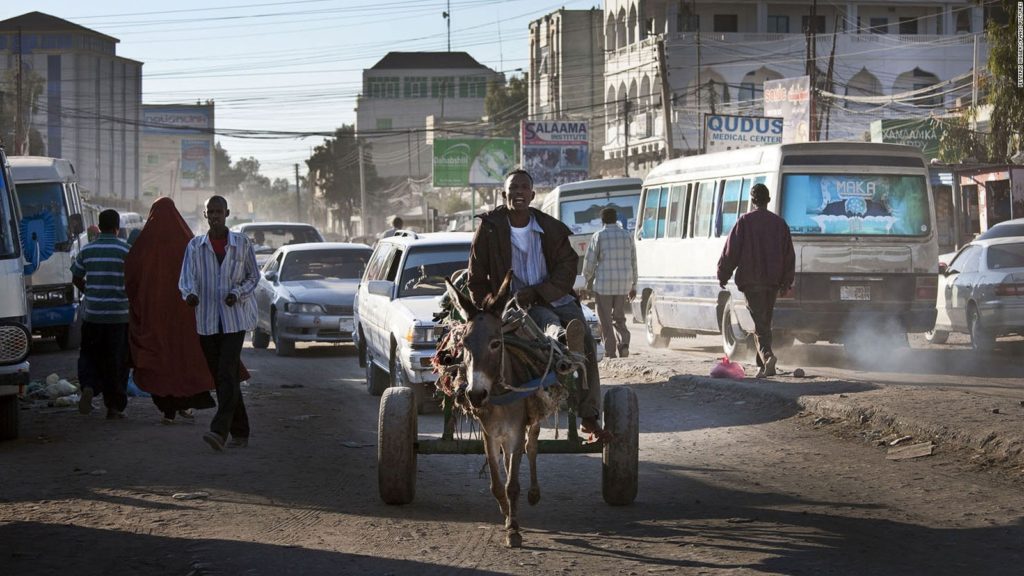
I stayed for 2-3 days and everything was calm and peaceful, even if the city still showed some of the traces of the battles and destructions of 1991. The commercial activities were typical of a mid-size African town: shops with metal doors open, women walking to the market in their colorful dresses, schools receiving their first computers.
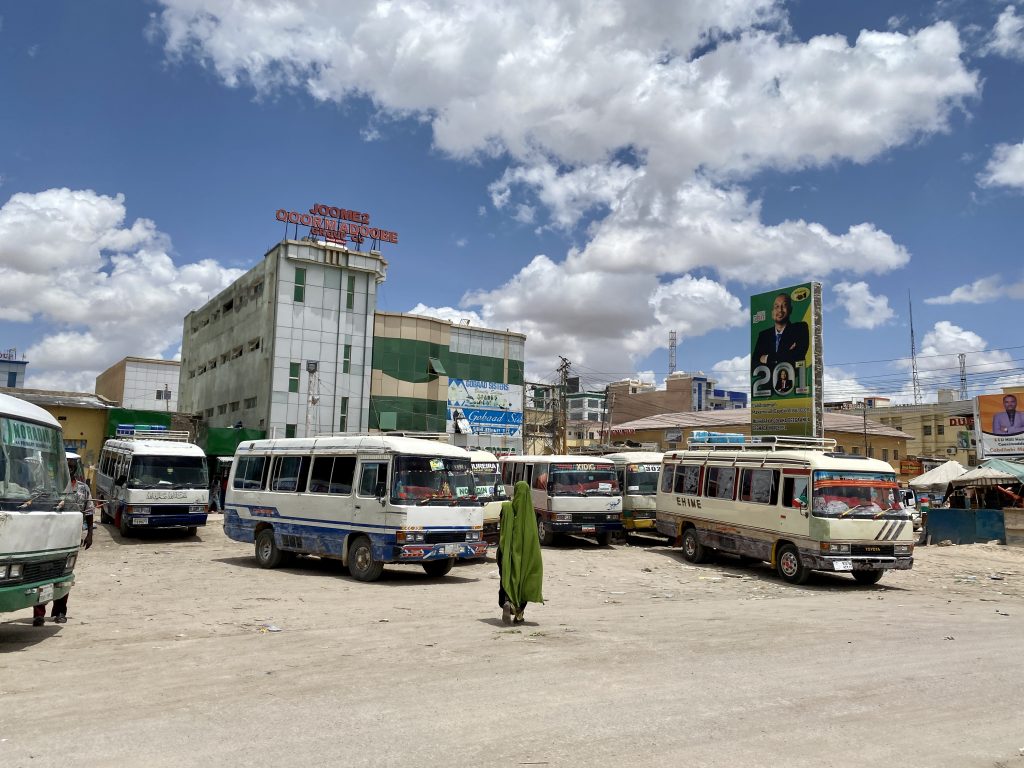
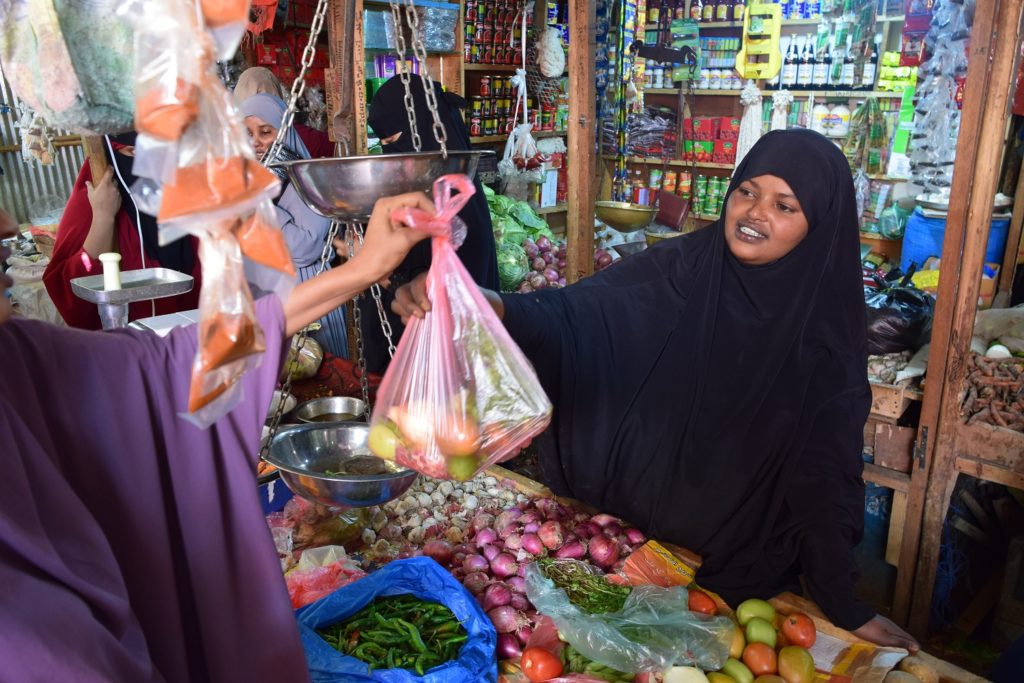
I recently read the « Past Imperfect » trilogy written by Somali author Nuruddin Farah. It includes three parts: « Links », « Knots » et « Crossbones». Even if the novelist doesn’t hide any of his country’s violence and drama, Farah’s three books open a window to discover a Somali society richer and more complex than the clichés repeated by the media.
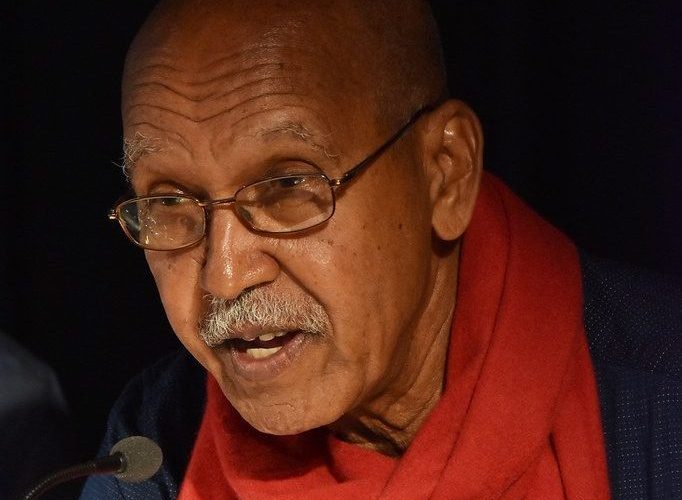
In « Links », Jeebleh, a Somali academic exiled in New-York where he married an American, comes back after many years in Mogadishu following his mother’s death. During his arrival at the airport, a gang of idle young militiamen have some fun in shooting at a family boarding a plane. A young boy dies. Jeebleh needs to learn how to navigate this city divided in two by the factions of the two rival warlords. He reunites with Bileh, his childhood friend, who like him, was a political prisoner and is now in charge of a refuge for orphans and abandoned children. But he also needs to mistrust Caloosha, Bileh’s half-brother who is the leader of a gang involved in all kinds of traffics.
With the second volume, « Knots », it is Cambara, a young woman who debarks in Mogadishu from her exile in Toronto and tries to recover the family house, squatted by a warlord. The city is somewhat more peaceful, but Cambara needs to have an armed escort each time she goes somewhere. Her protector is Dajaal, one of Bileh’s friends. Thanks to their help and the assistance of other friends, she writes a play that she puts on for a women’s network who tries to reestablish peace.
The third and last tome of the trilogy brings us to a more recent period. The Union of Islamic Court brings order in Mogadishu, young Somalis from Minnesota come to swell the ranks of the Shabaab extremists, while further North, in Puntland, pirates ransom merchant vessels in the Gulf of Aden. Two brothers, Malik and Ahl, arrive from the United States. Malik is a journalist who dreams of a scoop about modern piracy. He is accompanied by his father-in-law, Jeebleh, who introduces him in a circle of old friends, including Bileh and Cambara. They fell in love and live together, but without being married, a fact that irks the Islamic Courts. Ahl is in Puntland where he looks for his stepson Taxliil, a young Somali recruited by the Islamists in Shabaab, but who could actually be aboard a pirate embarkation. This way, he finds out about the links uniting Islamists and pirates. He also learns that the piracy along the Somali coast started as a violent reaction by local fishermen against industrial fishing boats who were pilfering illegally but with perfect impunity the country’s fish reserves.
Covering three different periods in the long civil war from which Somalia seems unable to extricate itself since 1991, the three parts of the trilogy follow the same schema: the main character comes home after a long exile, is confronted with the violence emanating from the current episode of the conflict, but nevertheless finds back new roots. Cambara found love and decides to stay and live in Mogadishu. Jeebleh, the exile from the first novel, returns in the third one. It’s difficult not see there Nuruddin Farah’s shadow. He is himself an exiled novelist, who said that his work was an attempt “to keep my country alive by writing about it”.
